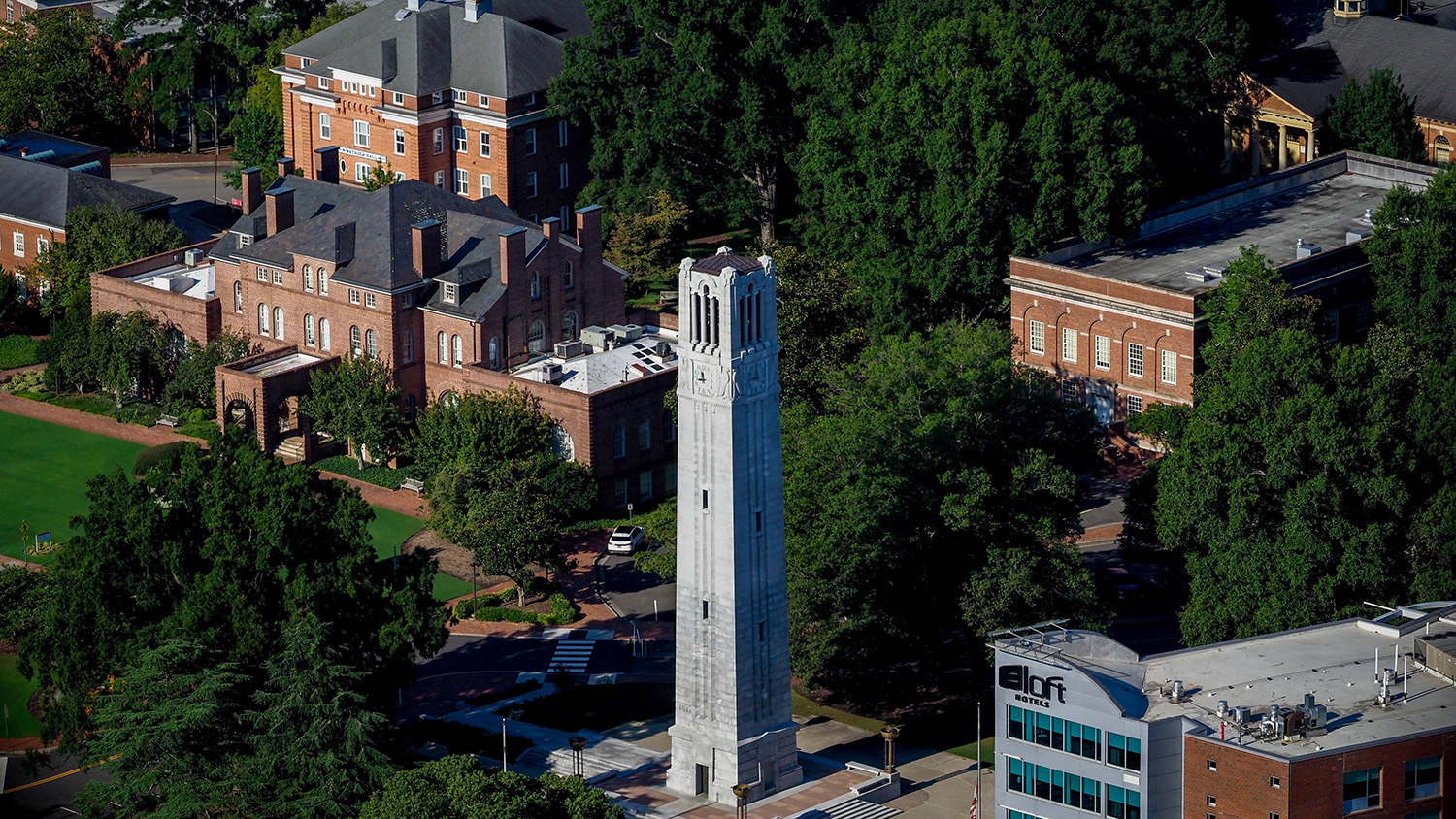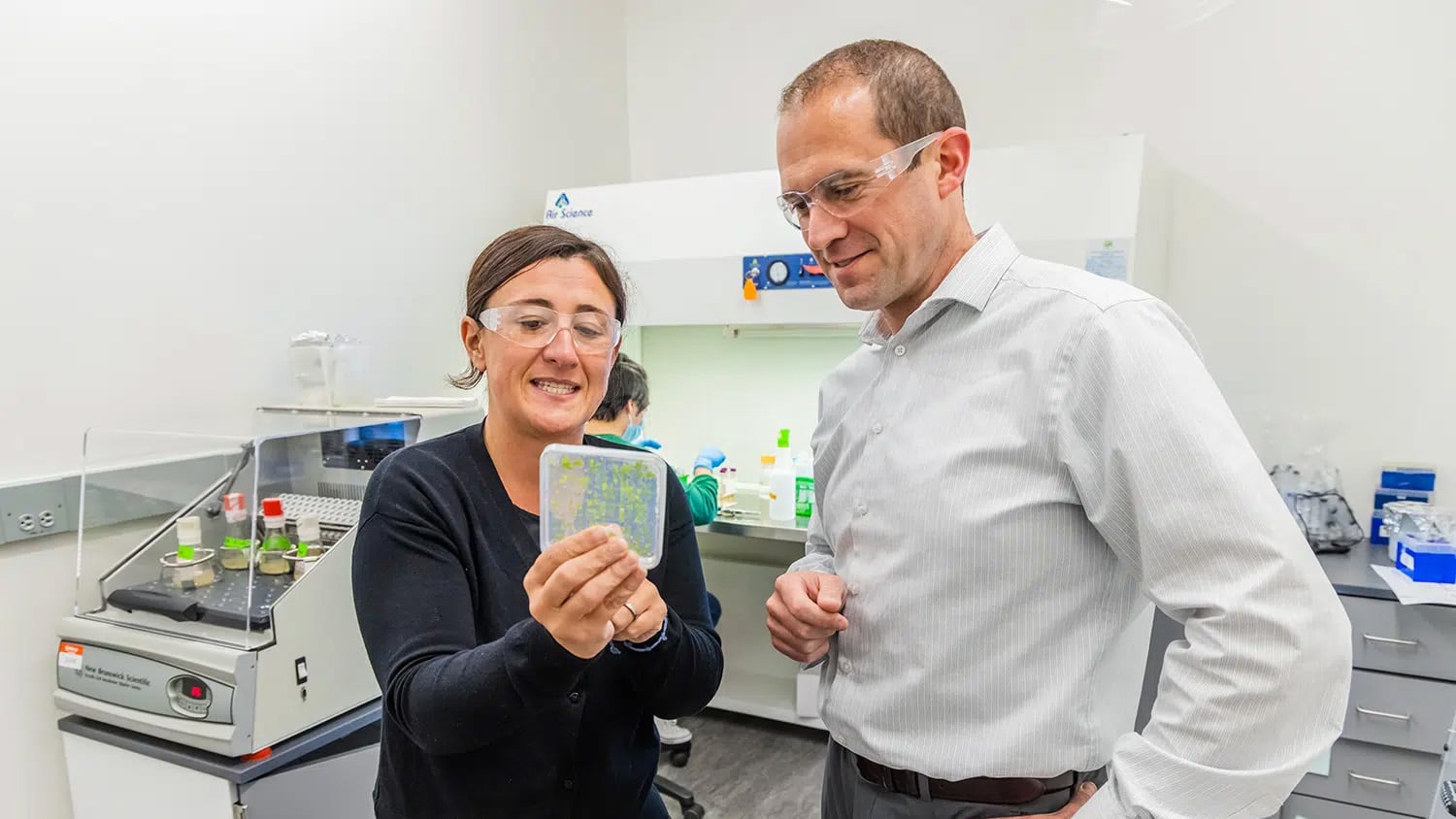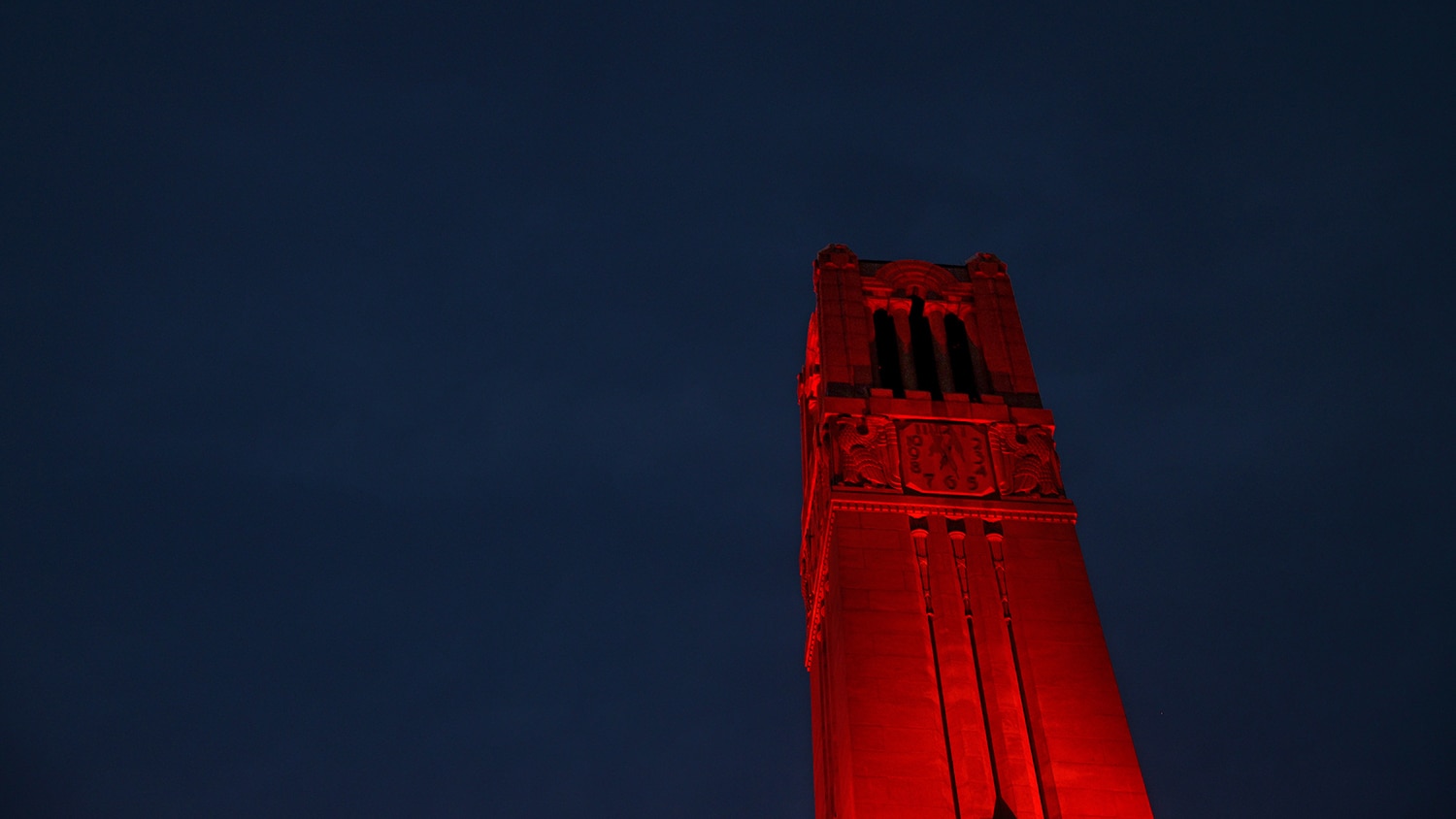Dr. Marian McCord
In the developing world, the presence or absence of simple items – sanitary pads, effective mosquito nets – can mean the difference between poverty and prosperity or, worse, life and death.
Dr. Marian McCord, associate professor of textile engineering science, chemistry and biomedical engineering, is working to make those mundane materials more accessible in developing countries.
With colleagues in wood and paper science, nonwoven materials and medical textiles, McCord has developed sanitary pads that can be made from easily obtained materials, such as banana stems in Rwanda. At a price up to 30 percent lower than the most common current brands, these pads can enable third-world women to continue work and school while menstruating.
McCord is also developing a nontoxic, natural insecticide that could make a range of materials – from mosquito nets to upholstery – effective weapons against malaria-fighting mosquitoes. McCord has experimented with the use of diatomaceous earth (pulverized, fossilized algae) as a mosquito-fighting coating for textile materials.
Diatomaceous earth is both bait and bane to mosquitoes: the abrasive matter draws them in and penetrates the coating on the insect’s exoskeleton, rendering it vulnerable to dehydration and disease. That vulnerability can reduce the mosquito’s life just enough to prevent the malaria parasites it carries from maturing and becoming infective.
“This is the kind of project I’ve wanted to be involved with for a long time – using my knowledge of textiles and the sciences to make a real impact in the underserved parts of the world,” McCord said in 2009.
- Categories:


